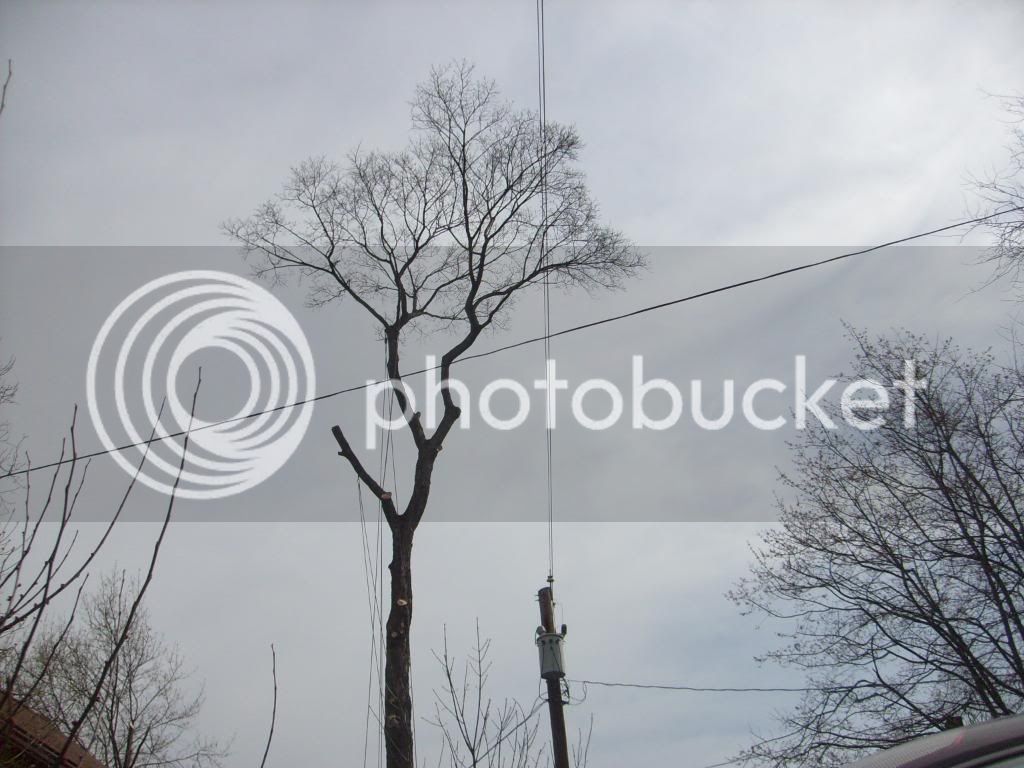ropensaddle
Feel Lucky
AHHH! Nit-picker! I knew you would be weighing in on this thread before too long. Welcome to the thread.
All of the amps that get delivered still are going through the insulated hot wires to the end user. I wasn't trying to say that the service lines and secondaries are not dangerous, I was trying to point out the error of considering an insulated wire to be "non-electrical", as suggested in one of the previous posts. Around here, it is pretty common to have insulated wires running pole-to-pole in 2-3 single strands, rather than as a twisted single line.
***********************************************
What do the regulations say about private contractors with adequate experience (like yourself), who are not working for a utility or other "approved" contractor? Is that a self-regulating sort of thing, or can the utility company come by and tell you to get out of the work zone?
I imagine everybody leaves it alone until disaster strikes, then the government comes in handing out fines.
More than once I have seen cable tv or telephone wires carrying 7200 volt momentarily as well as guy wires anything connected to a power pole can have enough current to kill you at any moment. IE your having a complacent day a field and brush the overhead telephone wire at the same moment a drunk two miles away t-bones a pole on the same circuit and causes the primary to contact the phone line!!!!!!!!!!!!!!!!!!!!!!!!!!
PS: I have taken trees down near lines in my private business but only if the power company has refused the customer. All the utility men know my work capabilities so I have no problem with the you can't do that syndrome.
Last edited:


























































